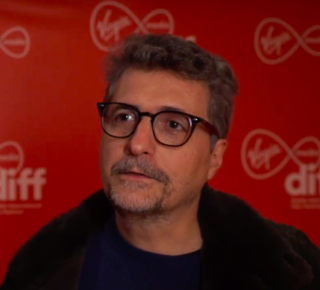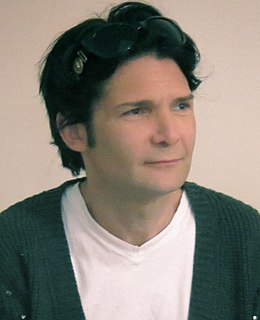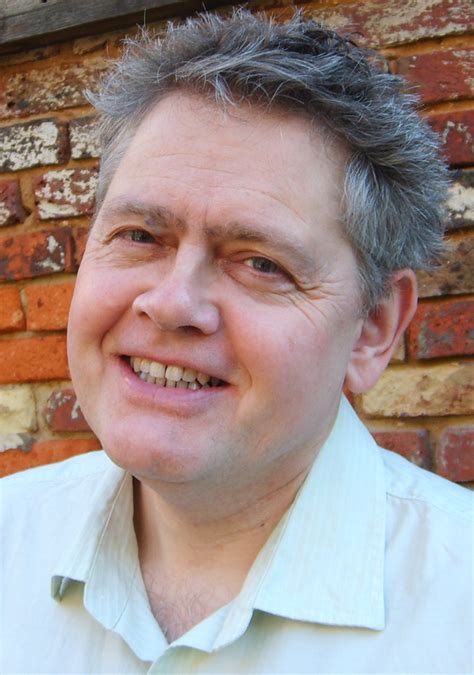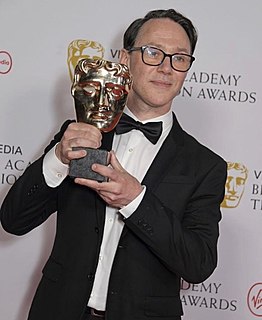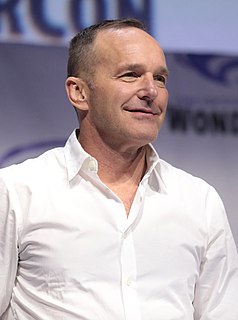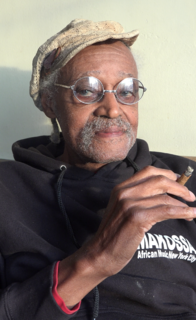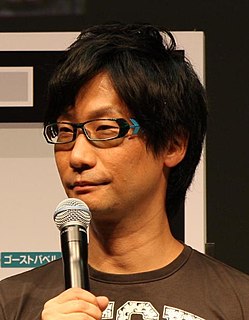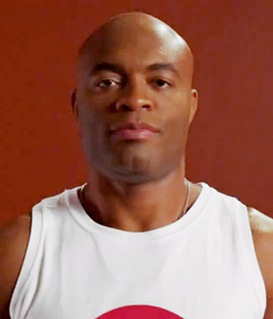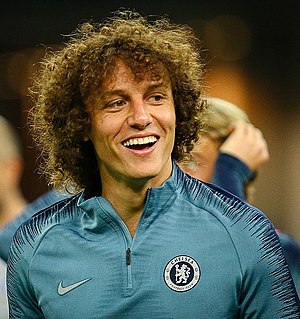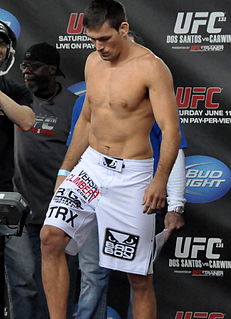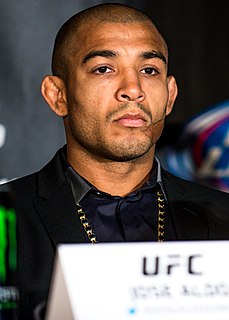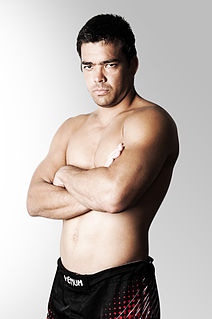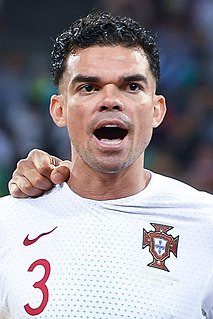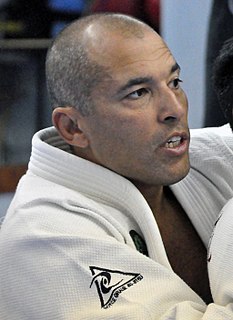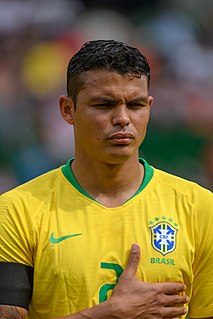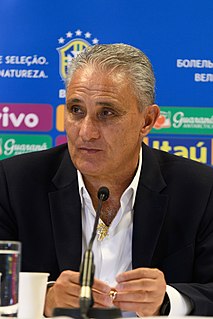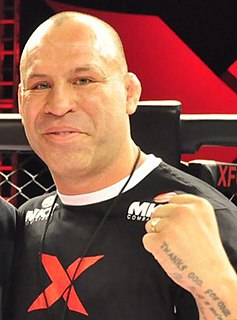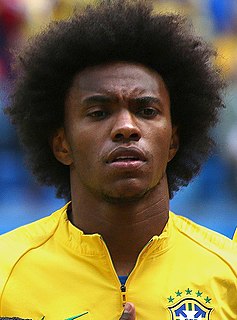A Quote by Kleber Mendonca Filho
When you write a scene where somebody is afraid of something you instantly go to decades of genre cinema: horror, suspense, and thrillers. Those are very cinematic genres, when you shoot a close-up of someone and you can see fear in the person's face, or anticipation, or some kind of anxiety, it's a very cinematic image.
Related Quotes
I challenged myself to write/direct a romantic comedy. People trash talk the rom com, but it's one of the oldest cinematic genres, with stellar origins like Twentieth Century and Trouble in Paradise. I think as audiences lost their innocence, the genre lost its suspense. To create suspense, you need obstacles, so I gave my couple an obstacle that very few people ever overcome: their own behavior and their past.
It [horror genre] never dies. It just keeps getting reinvented and it always will. Horror is a universal language; we're all afraid. We're born afraid, we're all afraid of things: death, disfigurement, loss of a loved one. Everything that I'm afraid of, you're afraid of and vice versa. So everybody feels fear and suspense.
I like the idea of building the suspense and taking it all the way up to the very last second with the suspense, and right when you think you can't take it anymore, then you come in with the joke and kind of break the tension. To me, that's the best kind of film. I like thrillers, so thrillers with comedy, to me, is always the best.
A lot of times you can write a scene with a specific song in mind, and then you lay it over the image, and it kills it. I can never figure out why certain music works. Some music you listen to and say, "Man, that would be great for a movie." But when you try it, it's horrible, because the music itself is cinematic. The weight of it kills the image.
Audiences are very sophisticated and they know the nuts and bolts of the genre - certainly with horror more than others I think. But they attract lots of people, they're much derided as a genre but people go and see them and they're not all dumb. There's some very clever horror films. Stephen King gets a lot of flack for not being a proper writer because he's a horror writer, but I think he writes some brilliant books. I think it's wrong to just bin it before looking at it.
There's always changes in the way they do that in the cinematic universe. I think, with the S.H.I.E.L.D. 2.0, you're seeing some of the first ripples of those different points of view on what S.H.I.E.L.D. should be when it's rebuilt. I'm very, very curious to know which side Coulson will end up on in that struggle.
